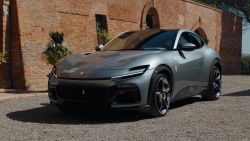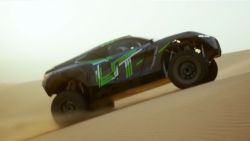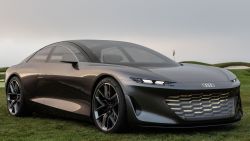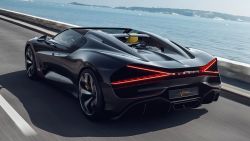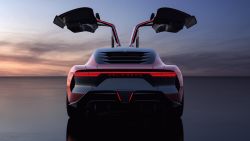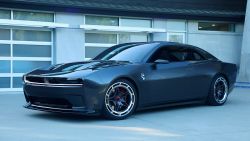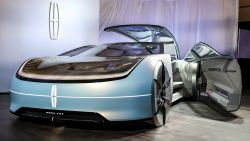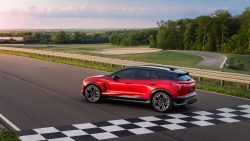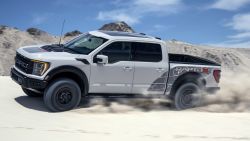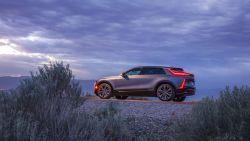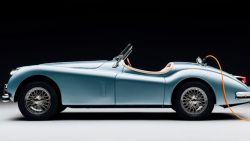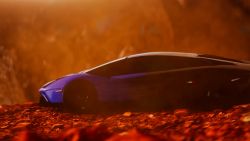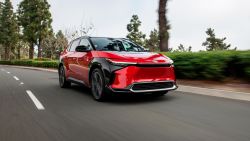Nissan will soon begin selling a new hands-free automated highway driving assistance program in Japan that goes even further than what Tesla offers. Nissan’s ProPilot 2.0 will follow a navigation route while allowing the driver to take his hands completely off the steering wheel in some situations.
Like Tesla (TSLA)’s Navigate on Autopilot, Nissan’s system will only function on limited-access highways providing “on-ramp to off-ramp” automated driving. Nissan’s new system combines features similar to those of both Tesla (TSLA)’s Navigate on Autopilot and General Motors’ Cadillac Super Cruise. (Nissan currently offers a widely available system called ProPilotor ProPilot Assist, but it only keeps a car in its lane and maintains a safe following distance from other vehicles.)
The new ProPilot 2.0 system will allow the car to handle, largely on its own, lane changes and highway interchanges while following a route set in the car’s navigation system. Tesla’s Navigate on Autopilot does this, too, but it only allows the driver to take his hands off the steering wheel for short periods of time. With ProPilot 2.0, the driver can take his hands completely off the steering wheel whenever the car is not maneuvering out of its lane.

Cadillac Super Cruise also allows the driver to remove his or her hands from the steering wheel, as long as the car is traveling in a single lane. Super Cruise does not change lanes or drive through highway interchanges on its own, though, as Nissan ProPilot 2.0 does. Cadillac Super Cruise is only for single-lane highway driving.
Tesla’s Navigate on Autopilot recently receivedharsh criticism from Consumer Reports for passing other cars and merging unsafely when doing so on its own. Consumer Reports hasyet to test Nissan’s system, which will not be available until the fall and, even then, will be offered only in Japan. It will initially be available on the Nissan Skyline sedan.

While this new version of ProPilot is hands-free, it is not eyes-free. A camera inside the car will monitor the driver’s face and eyes to make sure he or she is always looking at the road ahead. That is something Tesla cars do not do, which was another point of criticism from Consumer Reports.
Jake Fisher, director of auto testing for Consumer Reports, called that kind of driver monitoring “hugely a game changer in terms of safety for these sorts of systems.” The inclusion of driver monitoring was the main reason that Consumer Reports gave Cadillac Super Cruise its highest rating among automated driving systems, Fisher said.
With the ProPilot 2.0 system, only the most basic driving – staying in the center of a lane and maintaining a safe distance behind the cars ahead – will be done without the driver’s hands on the wheel. The driver will have to place her hands on the steering wheel when the car signals it needs to change lanes. Hands can come off the wheel once the car is back in a single lane. The driver will be alerted when the car needs to make the next maneuver. The system relies on an array of cameras as well as radar and sonar sensors and detailed 3D maps.



